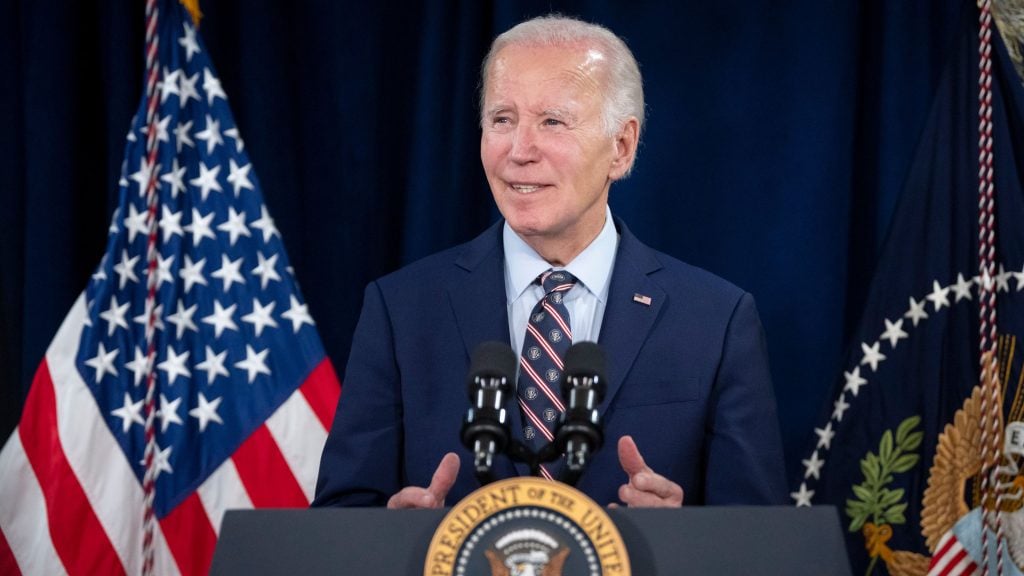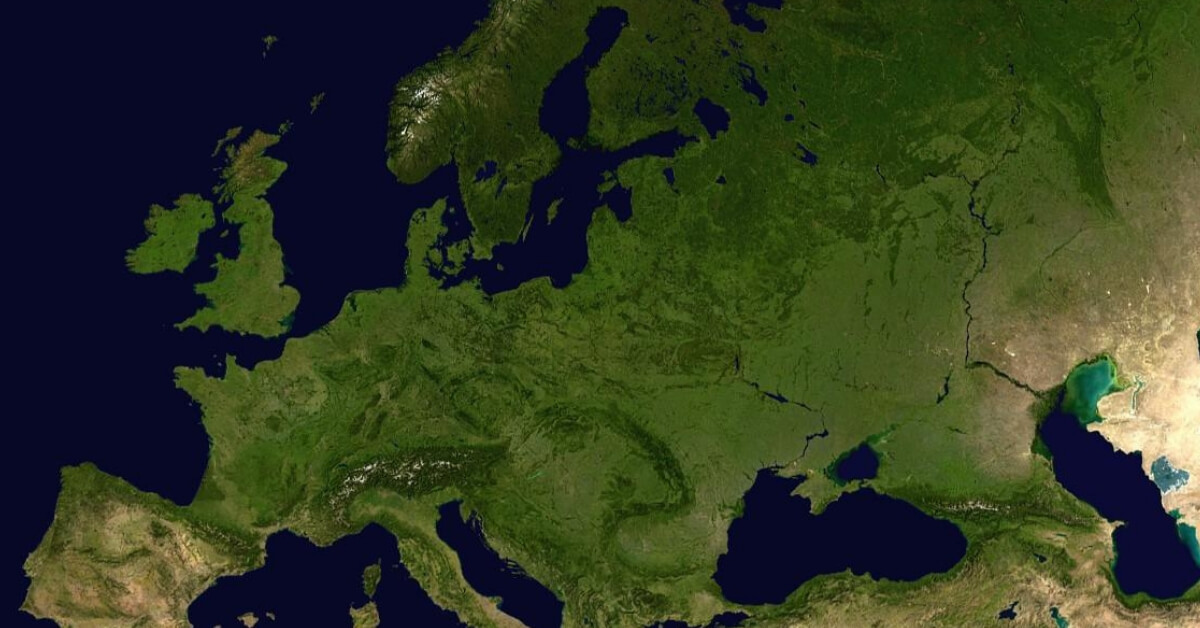

The European Union (EU) is to adopt a new Terrorist Content Regulation idea - hot on the heels of the highly controversial and divisive Copyright Directive that has already passed the EU-level decision making and is now to be implemented by member-states. The law dictates that online platforms need to take down "terrorist" content within one hour of its upload or face punishment. Some are suggesting, at this point, the EU should perhaps leave this internet, and "build its own."
But the sheer number and quick succession of legal initiatives launched by the EU to regulate the global internet for its 28 member-states (and sometimes beyond) suggests that this may be precisely what the bloc is already doing. This comes at a time when the sun appears to be setting on the golden age of the open internet as a democratic and democratizing global network that connects users without one centralized body governing it. Since attempting to impose such governance is well-nigh impossible, all those rubbed the wrong way by the freedoms provided by the internet have been moving to effectively break it up into smaller chunks instead.
China has had its own version of the internet for a while, Russia would like one as soon as possible, and the big picture of the EU's latest decisions shows that it's aspiring toward the same goal. Even if these entities are moving in the same direction by different means and under different circumstances, and certainly propping up their policies by employing different narratives - the goal looks to be the same: fragmenting the global internet, for the sake of better controlling the local space.
In the case of EU's latest legislative initiatives, the narrative is noble: with the Copyright Directive, the intent is to protect copyright owners, while the Terrorist Content Regulation looks to combat the ability of terrorists to disseminate their ideology and promote acts of violence online.
…

Become a Member and Keep Reading…
Reclaim your digital freedom. Get the latest on censorship, cancel culture, and surveillance, and learn how to fight back.
Already a supporter? Sign In.